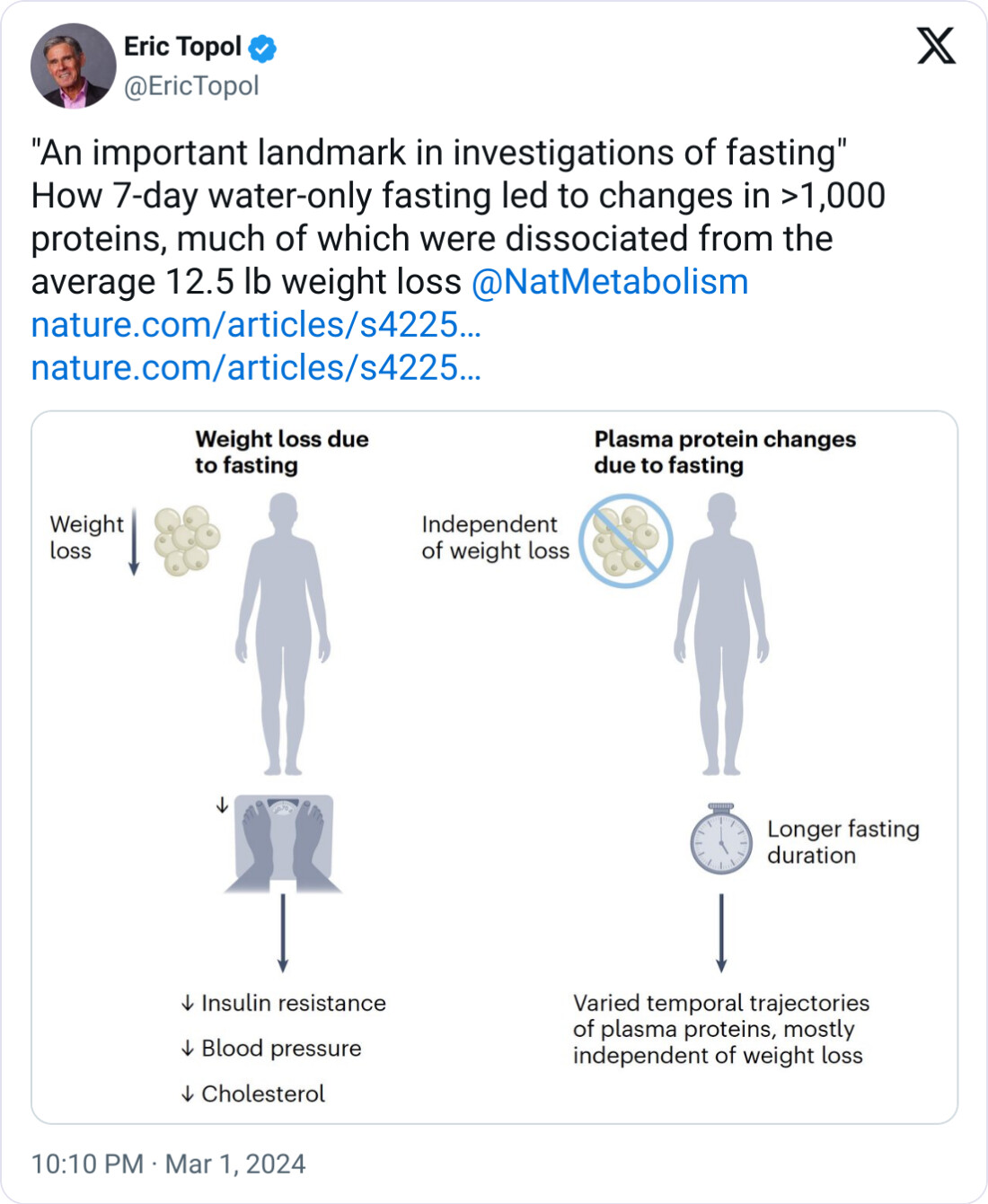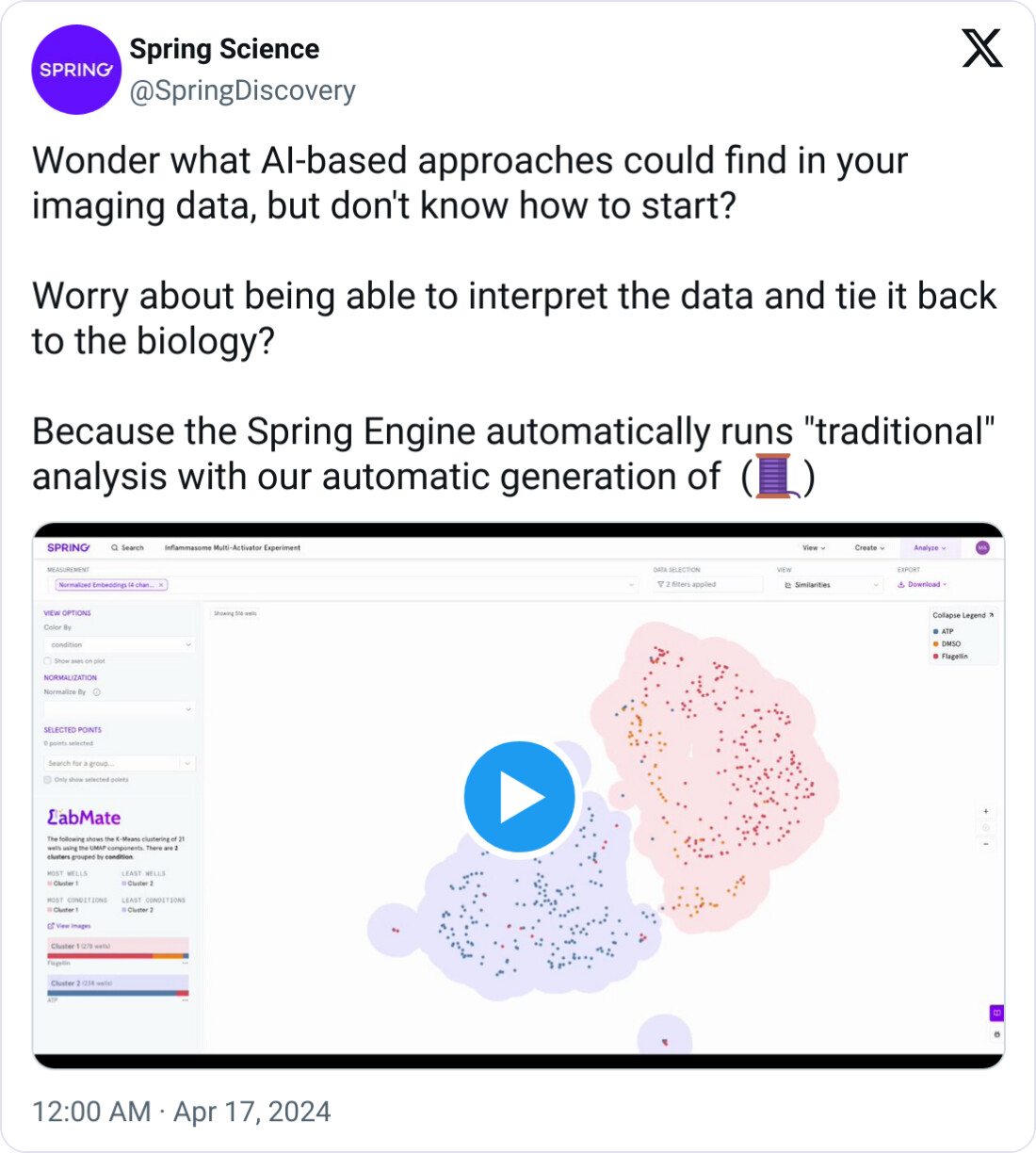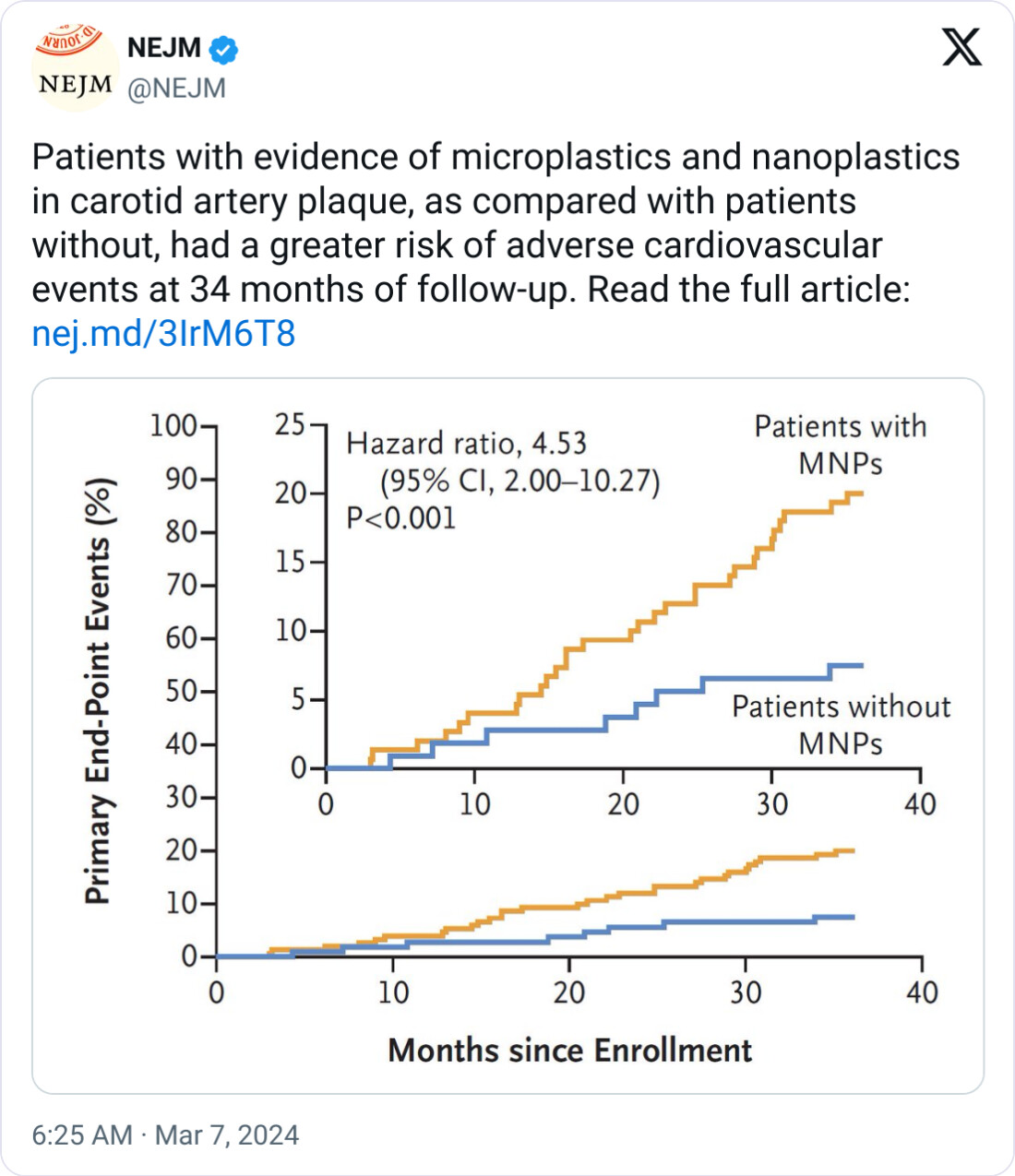Listen to the Podcast discussion with Laura Demming, Co-founder of Age1 Venture Capital.
(Note: A full transcript of the discussion is also included on the page linked to below, if you prefer that format)
In today’s episode, host Luisa Rodriguez speaks to Laura Deming — founder of 长寿基金 — about the challenge of ending ageing.
They cover:
- How lifespan is surprisingly easy to manipulate in animals, which suggests human longevity could be increased too.
- Why we irrationally accept age-related health decline as inevitable.
- The engineering mindset Laura takes to solving the problem of ageing.
- Laura’s thoughts on how ending ageing is primarily a social challenge, not a scientific one.
- The recent exciting regulatory breakthrough for an anti-ageing drug for dogs.
- Laura’s vision for how increased longevity could positively transform society by giving humans agency over when and how they age.
- Why this decade may be the most important decade ever for making progress on anti-ageing research.
- The beauty and fascination of biology, which makes it such a compelling field to work in.
- And plenty more.
Laura’s work:
More Information from the Age1 Venture Capital Newsletter:
Q1 24’ Newsletter
Q1’ 24 Highlights
The Longevity Funnel Framework (LFF) – In March, the age1 team, led by Maggie Li, published a piece covering everything we wished we knew entering the aging field.
A call to arms to save the genome – Alan Tomusiak recently published a piece on genome stability, covering possible approaches and interventions.
Portfolio Company News
Loyal secures $45M Series B – The fundraise, which began shortly after the FDA confirmed that Loyal’s data supports reasonable expectation of effectiveness for large dog lifespan extension, was led by Bain Capital Ventures.
Rubedo Life Sciences closes $40M Series A – The round, led by Khosla Ventures and Ahren Innovation Capital, will enable Rubedo to advance their lead candidate, RLS-1496, into Phase 1 clinical trials for chronic atopic dermatitis and psoriasis. Rubedo founder, Marco Quarta, also recently presented on longevity medicine at TedxCortina in the Italian Alps.
Science has acquired assets from Pixium Vision SA – Science has acquired assets from Pixium Vision SA, including ongoing clinical trials for the PRIMA retinal prosthesis, a device that uses infrared light to stimulate bipolar cells and potentially restore vision in patients with late-stage macular degeneration. This acquisition boosts Science’s IP and moves the technology one step closer to recovery of vision loss in patients.
Gordian Bio launches their in vivo discovery factory, a proprietary platform for pooled in vivo screening. Founders Martin Borch Jensen and Francisco Leport share the company’s origin story in a recent post.
Aging & Biotech News
X-Therma Raises $22M Series B for organ transplant advances – X-Therma Inc. has raised $22.4 million in an oversubscribed Series B funding round to expand global operations and progress into clinical trials for their regenerative medicine and organ preservation technologies. Their products have received FDA Breakthrough Device designation.
BioAge secures $170M Series D and partnership with Eli Lilly – BioAge Labs has completed a $170 million Series D financing round to advance Phase II trials of azelaprag, a drug that could potentially enhance muscle metabolism and function, in combination with Eli Lilly’s Zepbound. The funding, led by Sofinnova Investments and supported by other major investors, aims to enhance weight loss and body composition in incretin therapy patients.
BlueRock Therapeutics’ clinical trial shows promising results in Parkinson’s treatment – BlueRock Therapeutics’ Phase I clinical trial of bemdaneprocel, an allogeneic stem cell-derived therapy designed to replace dopamine-producing neurons in Parkinson’s patients, demonstrates sustained engraftment, alongside significant symptom improvement in the high dose cohort at 18 months. The trial will advance to Phase II later this year.
Scientific Highlights
Advancing xenotransplantation: pig liver successfully filters human blood – eGenesis and OrganOx have announced the successful completion of a 72-hour extracorporeal perfusion using a genetically engineered porcine liver connected to a brain-dead human donor at Penn Medicine. This milestone in the PERFUSE-2 study was achieved without immune rejection. The planning of first-in-human studies is underway.
Research identifies potential transmission of Alzheimer’s in recipients of pituitary-derived hormone therapy – A study found that people who received growth hormone treatments from human cadavers developed signs of Alzheimer’s disease, suggesting possible transmission by a prion-like mechanism.
Tweets We Liked



